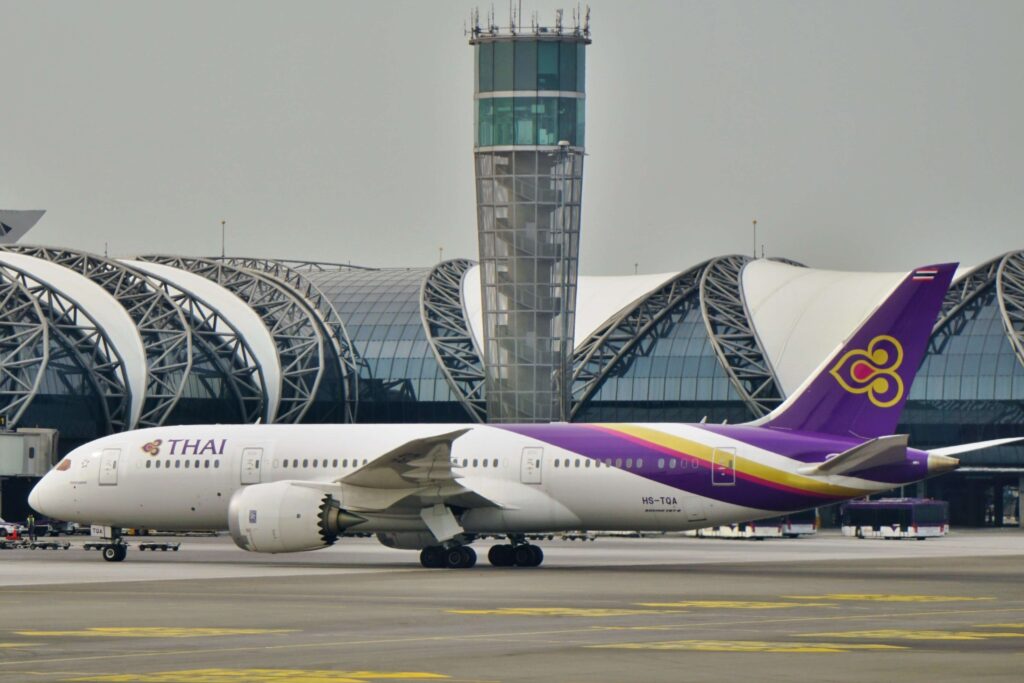The Thai government is reportedly opposing cash injection into the cash-strapped Thai Airways. The State Enterprise Policy Office (SEPO) chief said the Thai government would not back the ailing flag carrier in the recapitalization process before the creditors’ meeting, which decides the fate of the approval of the airline’s rehabilitation plan.
Thailand Ministry of Finance would not back billion-baht cash injection into the cash-strapped Thai Airways to guarantee the airline with financial stability, the State Enterprise Policy Office (SEPO) director-general Pantip Sripimol said, the Bangkok Post reported on May 10, 2021.
Now that Bangkok-based Thai Airways is a private carrier, the Thai government has no legal obligation to offer financial assistance for the struggling airline despite owning a large stake in the national carrier.
However, the Nation Thailand reported that some of the government’s officials are reportedly supporting the idea to reinstate Thai Airways from a private to a state-owned airline. The move could let the airline boost its financial strength and bargaining power with the creditors during the airline’s rehabilitation process.
Thai Airways became a private enterprise following the sale of the Finance Ministry’s stake in the airline to below 50% in May 2020.
On March 2, 2021, Thai Airways submitted its rehabilitation plan in accordance with the Central Bankruptcy Court of Thailand. The plan still has to be approved by the airline’s creditors as well as the Central Bankruptcy Court.
As part of a plan to swing into profitability, Thai Airways implemented measures to cut costs, which include reducing the number of staff to approximately 14,000-15,000 by 2025. The airline has already cut its workforce from 28,000 employees in 2019 to 19,500. The air carrier is also considering additional 6,000 staff leaves by the end of 2021.
In addition to workforce reduction, Thai Airways plans to reduce its fleet size from 103 to 86 jets by 2025, keeping only five aircraft types, down from the current 12.
